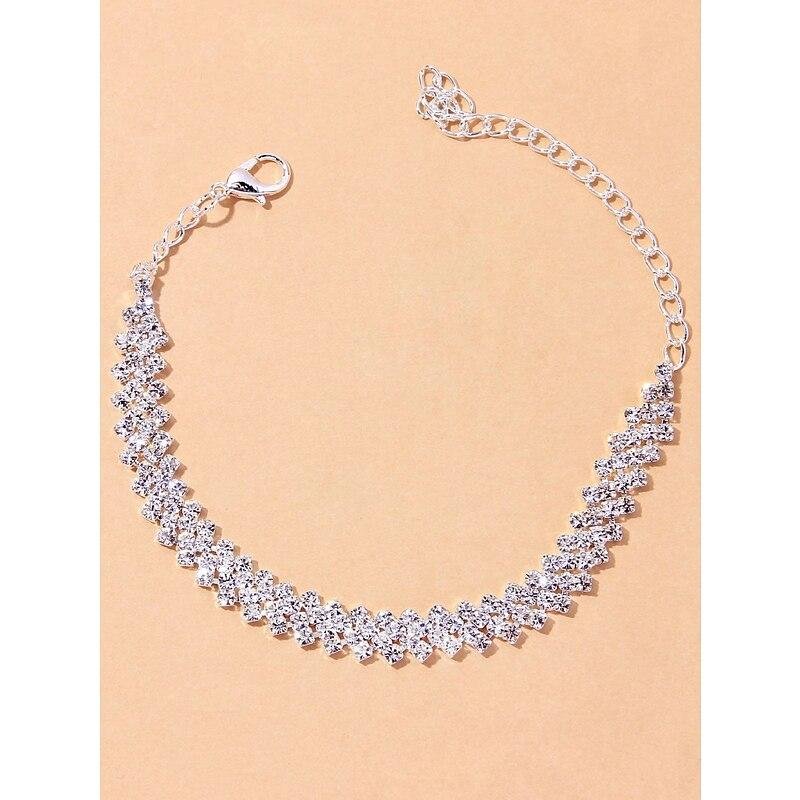Tag: Fashion, Apparel, Trend
In today’s society, clothing has become an essential part of our daily lives. From functional protection to self-expression, the evolution of clothing has greatly influenced the way we perceive fashion. As time passed by, the function and meaning of clothing have evolved and transformed along with societal changes.
The history of clothing can be traced back to early human civilizations where it was primarily used for practical purposes such as protection from harsh weather conditions. However, as societies became more complex, so did their fashion choices. Clothing began to symbolize social status and wealth, with more elaborate designs and materials being reserved for the upper class.
Fast forward to modern times where technology has played a significant role in transforming the fashion industry. With advancements in textile production and distribution methods, there is now a wide range of affordable options available for consumers at all income levels. This change has led to an increase in consumerism and fast fashion trends.
As society continues to progress towards globalization, cultural influences have also impacted the world of fashion significantly. People are now exposed to different styles from all over the globe through media platforms such as social media and television shows. This exposure has led to cross-cultural fusion resulting in unique combinations that reflect individual preferences rather than conforming solely to traditional societal norms.
Apart from aesthetic changes, sustainable practices have also become a crucial factor in the evolution of clothing today. With growing concerns about environmental impacts caused by fast fashion trends like excessive waste generation and use of harmful chemicals during production processes; consumers are demanding transparency from brands regarding their sourcing methods.
Additionally, inclusivity is another trend impacting modern-day apparel choices heavily. The call for diversity representation among models on runways or campaigns showcases how people want clothes that cater not just specific body types but everyone regardless of race or gender identity.
In conclusion, clothing plays a vital role not only in reflecting societal changes but also influencing them. The fashion industry today is more diverse, inclusive, and environmentally-conscious than ever before. As consumers continue to value individuality and sustainability, it will be interesting to see how the evolution of clothing shapes our future fashion choices.
